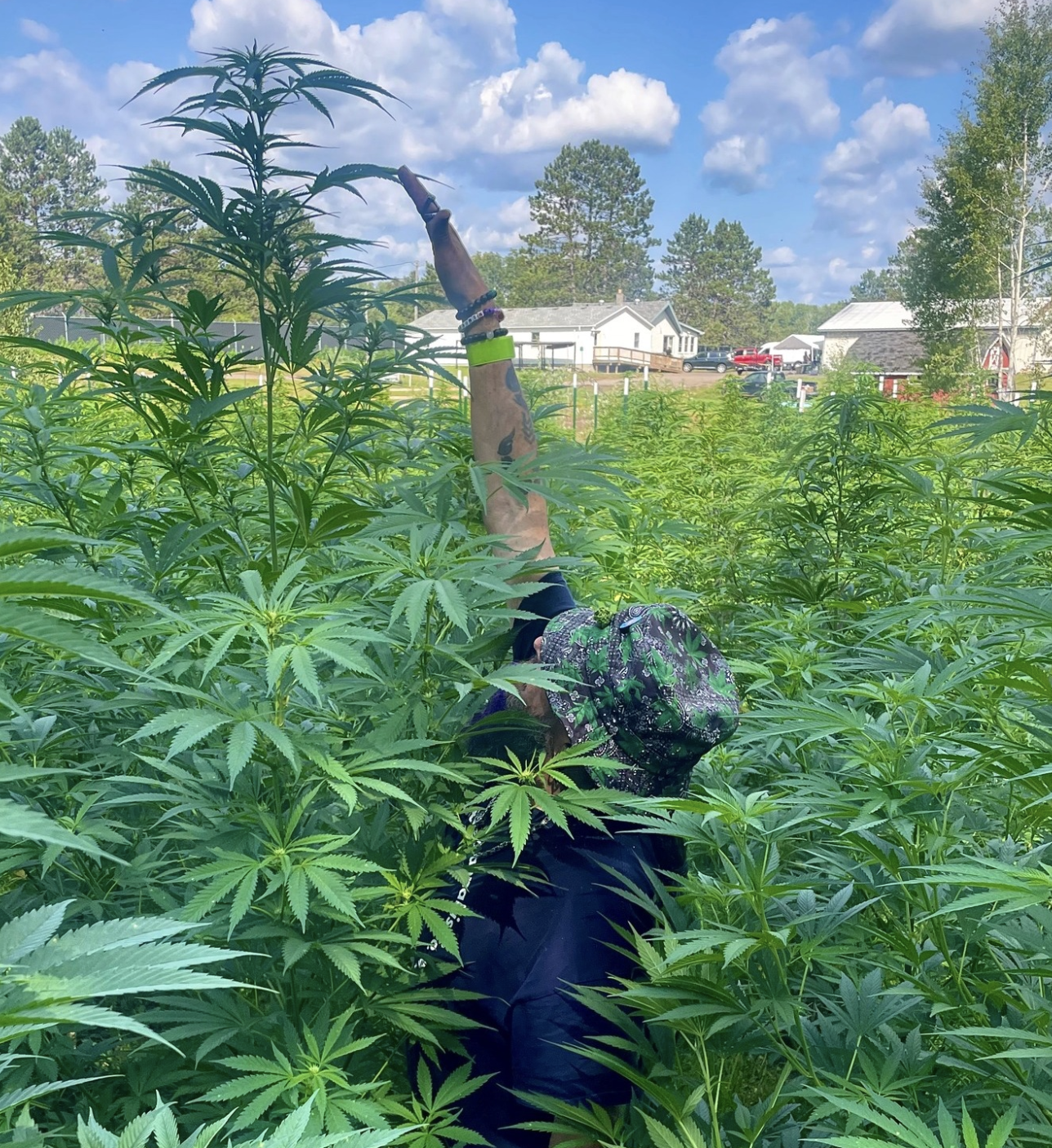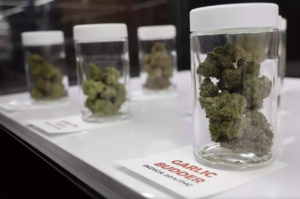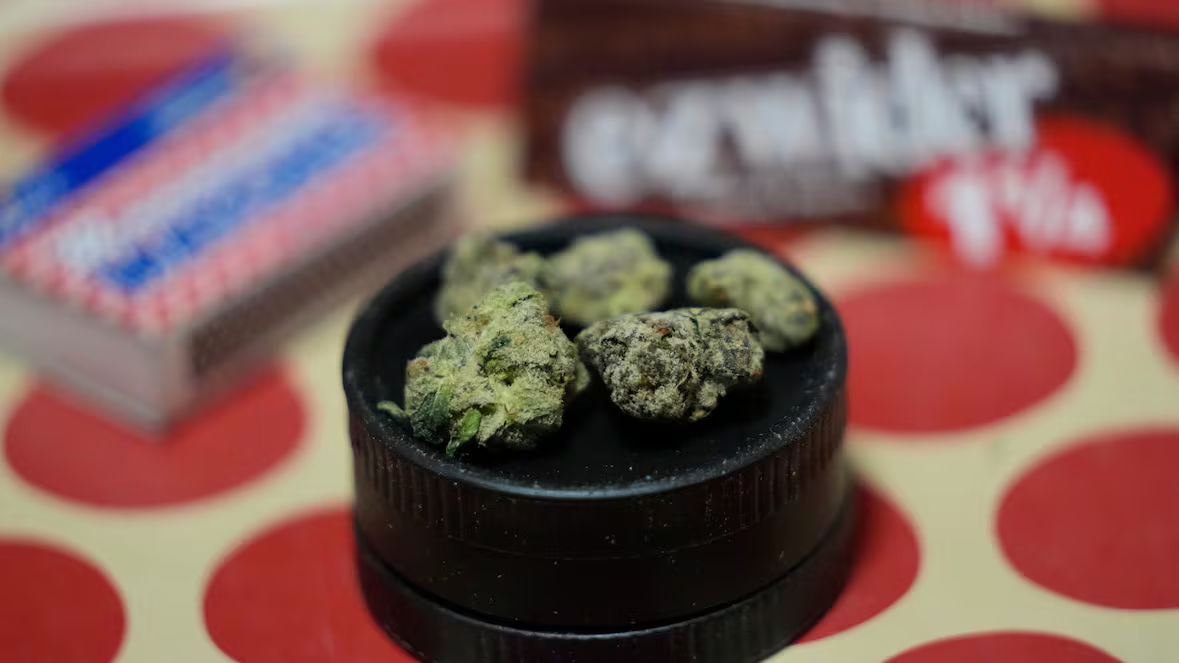From Native News Online October 24 2025
The Fond du Lac Band of Lake Superior Chippewa has signed a historic Tribal-State Cannabis Compact with the State of Minnesota, marking a significant milestone in the state’s growing legal cannabis industry. The agreement, authorized under state statute, was signed on October 20 by Governor Tim Walz and Fond du Lac Band Chairman Bruce M. Savage. Facilitated by the Minnesota Office of Cannabis Management, the compact reflects the formal government-to-government relationship between the Band and the State, outlining a framework for cooperative and lawful cannabis regulation that prioritizes public health and safety.
The compact allows the Band to expand its cannabis operations beyond Tribal lands and participate in Minnesota’s regulated adult-use cannabis market. It is part of the state’s broader effort to establish formal agreements with Tribal Nations seeking to operate within the new cannabis industry. Through the agreement, the Band’s cannabis enterprise, ANANG Native Cannabis Co., will be integrated into Minnesota’s cannabis tracking system and will join the same supply and distribution networks as other licensed businesses.
“This compact is more than a regulatory agreement. It reflects our Tribal sovereignty, our values as Anishinaabe people, and our vision for economic self-determination. It also affirms the respect and responsibility that define government-to-government relationships, and reinforces our role as leaders in building a safe and inclusive cannabis marketplace for our community and beyond,” said Bruce M. Savage, Chairman of the Fond du Lac Band of Lake Superior Chippewa.
“Minnesota’s cannabis market is coming together as important partnerships fall into place, creating opportunities for mutual prosperity for Minnesotans and citizens of Tribal Nations,” said Eric Taubel, Executive Director of the Minnesota Office of Cannabis Management. “The compact between the state and the Fond du Lac Band builds on our shared commitment to establish a safe and equitable cannabis market that consumers can trust.”
The Fond du Lac Band is now the fourth Tribal Nation in Minnesota to enter into a cannabis compact. The agreement follows the successful May 2025 launch of ANANG Native Cannabis Co., which opened its first dispensary at 1508 Big Lake Road in Cloquet and has since developed indoor and outdoor cultivation facilities.
Under the new compact, the Band will be authorized to open up to eight off-reservation retail cannabis locations, sell cannabis products statewide through licensed distributors and retailers, and participate in state-led compliance, testing, and inspection protocols. The Band will operate with the same privileges and responsibilities as other adult-use licensees, while maintaining its sovereign right to regulate cannabis independently.
The Fond du Lac Cannabis Regulatory Commission will oversee licensing and enforcement under the compact, ensuring standards meet or exceed those established by the state’s Office of Cannabis Management. All products entering the state market will be tested and required to meet Minnesota’s packaging and labeling laws. A tax-sharing agreement with the Minnesota Department of Revenue will ensure that revenues from off-reservation sales benefit both Tribal and state initiatives.
The compact is expected to create new employment opportunities across cultivation, manufacturing, retail, and regulatory sectors, generating long-term economic benefits for the Fond du Lac community. As one of the first Tribal Nations in Minnesota to formalize such an agreement, the Fond du Lac Band continues to set a precedent for how sovereign governments can lead in emerging industries.
This partnership underscores the Band’s ongoing commitment to responsible regulation, economic development, and Tribal sovereignty — advancing opportunity and leadership across Minnesota and the Great Lakes region.
To view the full compact and learn more about Tribal-State Cannabis Compacts in Minnesota, visit mn.gov/ocm/tribal-nation/compacts.jsp.











Comments are closed.